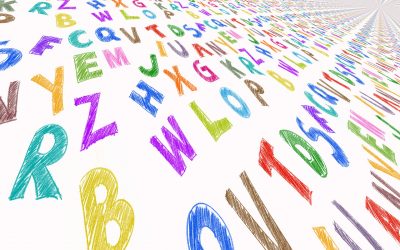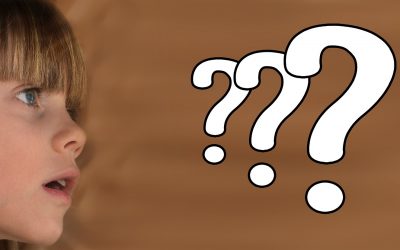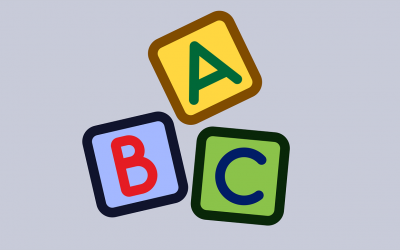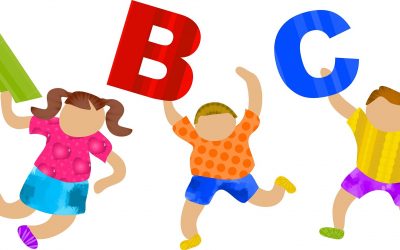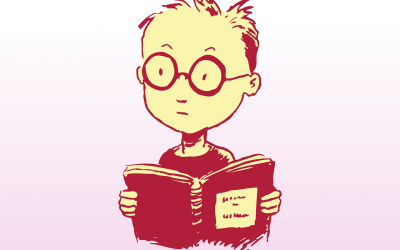A Case Against Teaching Letter Names – Part 3: What Will We Teach Instead?
In part 1 and part 2 of this blog series, I discussed how some of our traditional focus on letter names is not advantaging all children to become readers. I started to draw some attention to the importance of SOUNDS. When I discuss this with parents in the clinic, the...
A Case against Letters – Part 2: Reversals – we may have it Backward
Let’s consider the issue of letter reversals – a common challenge for many children, and frequently a concerning one for parents. Letter reversals are not a “normal part of development”. That is to say, not all children experience reversals on their path to literacy....
Socialization and Screen Time
Does your Child’s Best Friend Talk Back? The Importance of Socialization and Limiting Screen Time On a recent trip to a Northern community, we spent some time discussing what was available for children to socialize. Children are not passive learners of speech,...
A Case Against Letters – Part 1: “B” is for bird
I’m going to says something outlandish and radical, because I’m feeling edgy today. Perhaps it is because both my infant and my toddler are fighting colds, it feels like no one has slept in days, and I’m way over my caffeine quota for the day – and it is only 8:00 AM!...
Getting to the Source of Challenge When A Child Struggles
When looking at performance – be it academic performance or social competence – you want to look to for the source of the difficulty when there are challenges. This requires a clear understanding of what the task requires – a task analysis – and knowing a child’s...
Predicting Learning Difficulty Through Pronoun Acquisition
I had a conversation with a parent the other day. They were curious to know why I was so interested in the pronoun errors of their 4-year-old daughter. We got into a discussion about how children’s brains acquire speech, language, and literacy skills - and what...
If you Give a Child a Fish, They Won’t Know How to Read
Ok, That’s a bit of a mixed metaphor. But let me explain! I’m thinking a lot about process vs. content lately. Something that gets me really excited about the instruction we are providing to our students is that we are process focused. What does that mean? You know...
Of course you should read to your kids … right??
When a child is struggling to learn to read, I often hear the recommendation, “You should read with your child every day”. When I inquire about homework or a home reading plan, parents often respond that they have been instructed to read to their children. They may...
Ain’t That PUF enough?
Alberta Education offers Program Unit Funding (PUF) through Early Childhood Services for children with delays or disabilities between the ages of 2 years 8 months and 6 years. It is a great program, aimed at early identification and intervention with a particular lens...
Why Do I Do What I Do?
I must confess: I am a FIXER. Part of the problem with being a fixer is that makes you critical. You see problems where maybe there are no problems. You look for problems. You CREATE problems (just ask my wife!) When I encounter a problem, I feel compelled to address...
When Children Have Trouble Reading
Benefits of Group Instruction Social Learning Theory has been popular since the 60’s and 70’s and is the foundation of our educational system. It’s no secret that children learn from observing others. In fact, we have specialized cells in our brains called mirror...
Understanding Dyslexia – Part 2
Unpacking the Definition - Problems in Practice I want to unpack the definition of Dyslexia that I provided to you in part 1 of this series. As a refresher, I will provide the definition again: “Dyslexia is a specific learning disability that is neurological in...




